Inventory: New opening / Mallorca
Artistic triumph
True to the principles of its former owner – painter Joaquín Torrents Lladó – the 14-room Portella maximises light and serenity, with touches of Venice.
Portella
Palma de Mallorca
It’s the early 1970s when painter Joaquín Torrents Lladó secures a new home and studio in the Old Town of Palma de Mallorca. His new base, a compact palace, has elements dating to the 11th century but isn’t listed. So he sets about making attractive interventions to reflect his passion for Venice and the need for natural light to aid his work. But the structure of the house endures, including a courtyard with a shallow pool that can be glimpsed from the street.
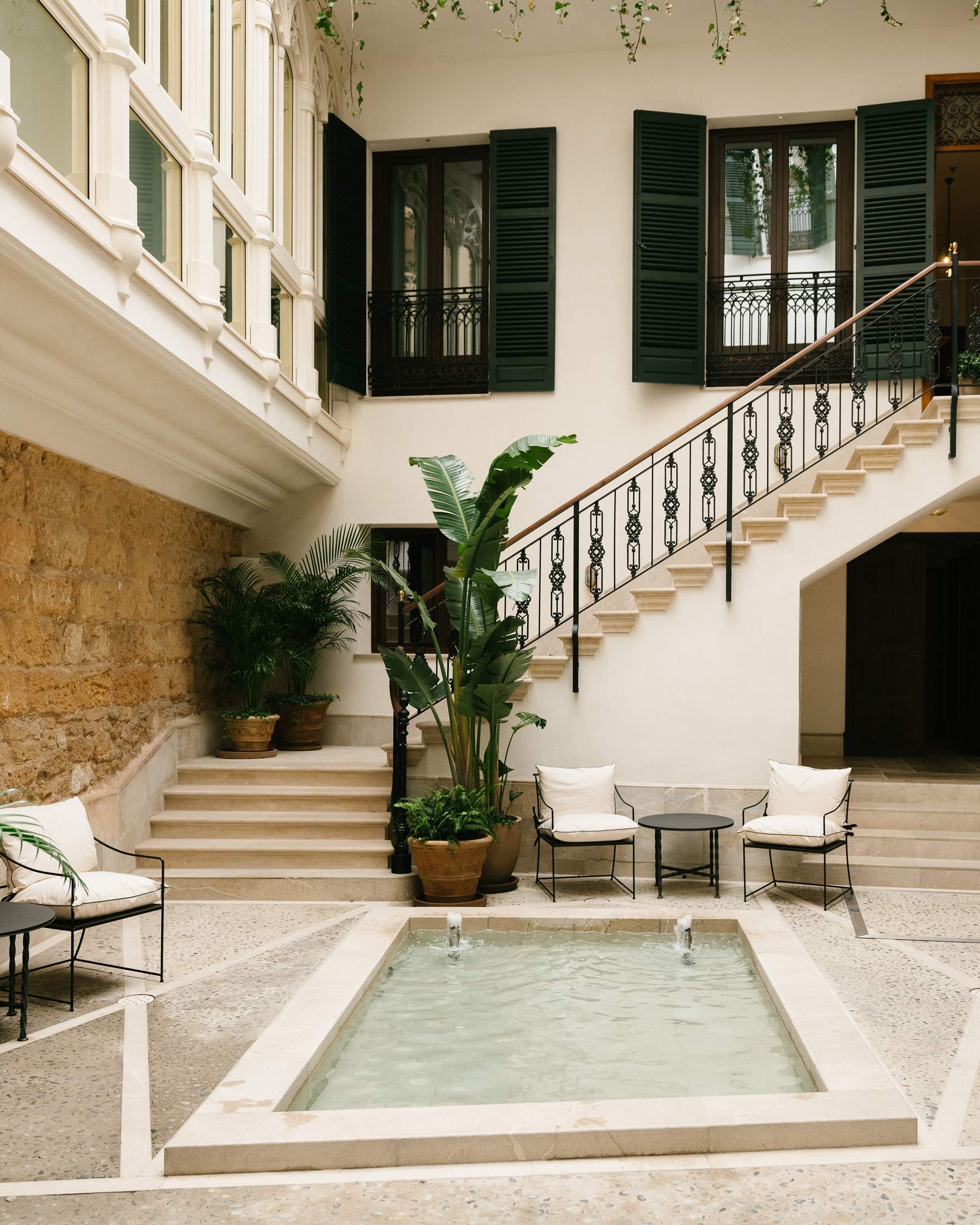
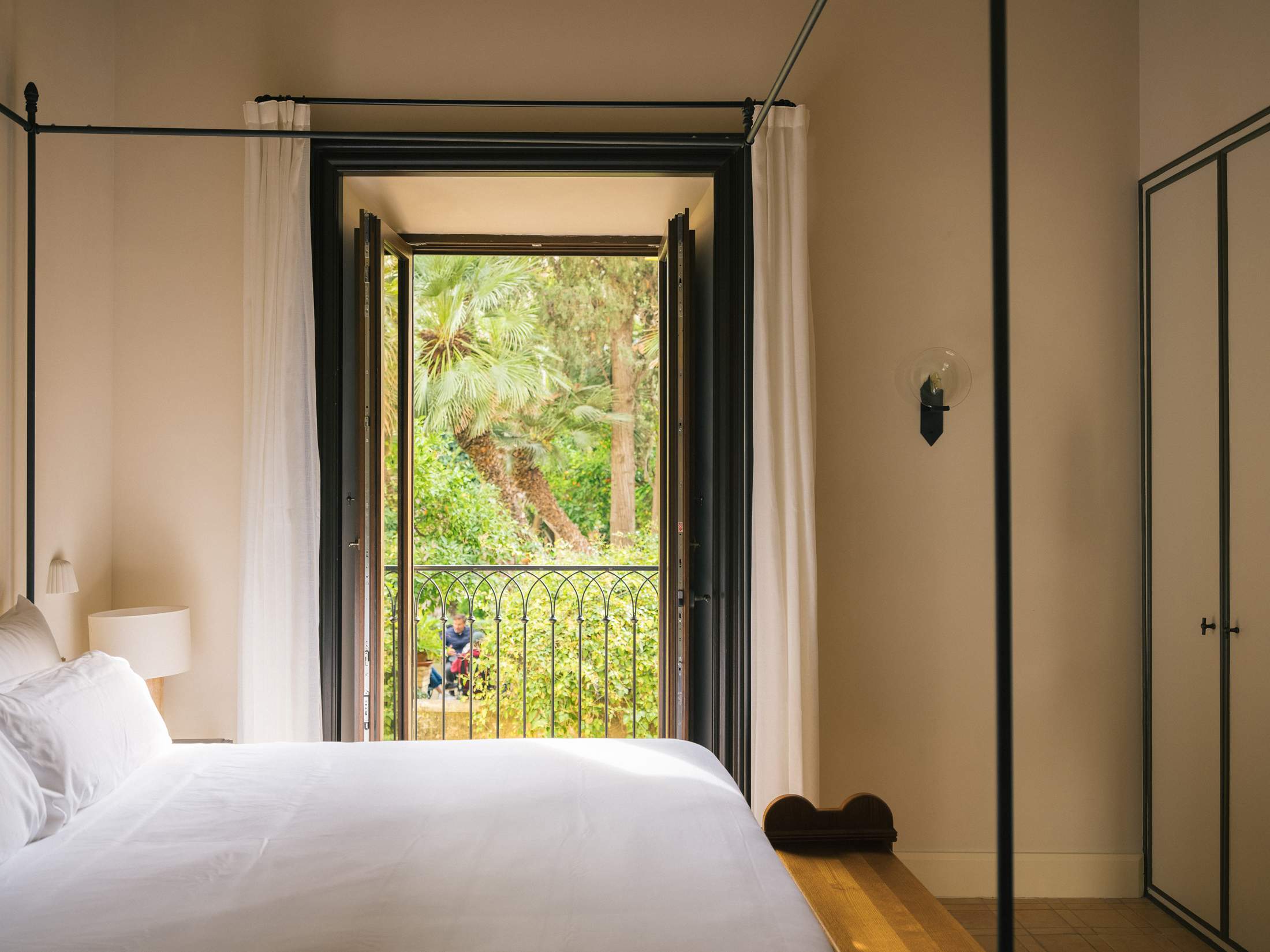
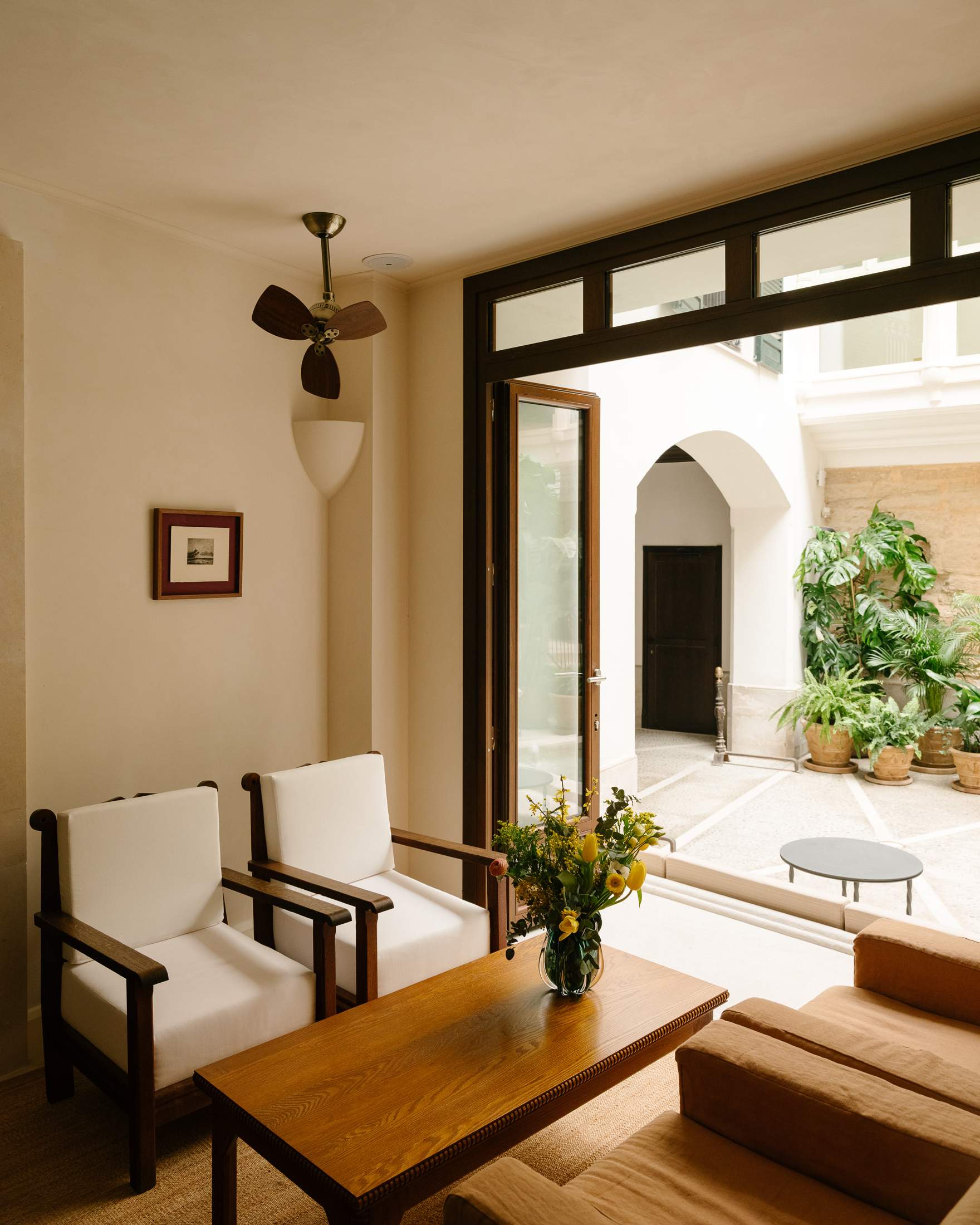
In 1993, Torrents Lladó dies young, at 47, and his home becomes a museum dedicated to his work. Then, a few years ago, his heirs decide that it is time to sell, just as someone else is looking for property in the city: the Miró-Sans family. Monocle readers will recognise that name, as Inés, the daughter, created hit hotel Casa Bonay in Barcelona in 2016. In doing so, she devised an establishment that captured the needs of a new traveller – working on the move, keen to be embedded in a community.
So, when the deal was struck in 2017, Inés, and this time her brother Enrique, were enlisted by the family to guide this special place towards a new life as a hotel. It has been a long journey to the opening a few weeks ago, and the outcome is not a second Casa Bonay. “The original licence was for a 21-room hotel but we realised that things were changing to a more upgraded experience,” says Enrique. Working with architects Gras Reynés, he and Inés plotted out a 14-room establishment, and ended up waiting four years to get a new licence. But that time has served them well. They’ve been able to protect the elements that Torrents Lladó fell in love with – the flow of rooms, his Venetian-style galleries on the first floor, that light – and to source tiles, terracotta and stone that match the building’s soul.
Working with Parisian studio Festen has led to the incorporation of more island elements, including lamps commissioned from storied glassmaker Gordiola. The interiors bring together furniture by Festen alongside antique pieces for a look that’s quite spare – think private, book-lined spaces and a domestic-vibe kitchen where the cook will make you breakfast, lunch or dinner to order. These spaces are for guests only and there is no nameplate on the street, no branding to grab your attention. “It should feel like you are staying in a home that you can’t afford to buy,” says Inés.
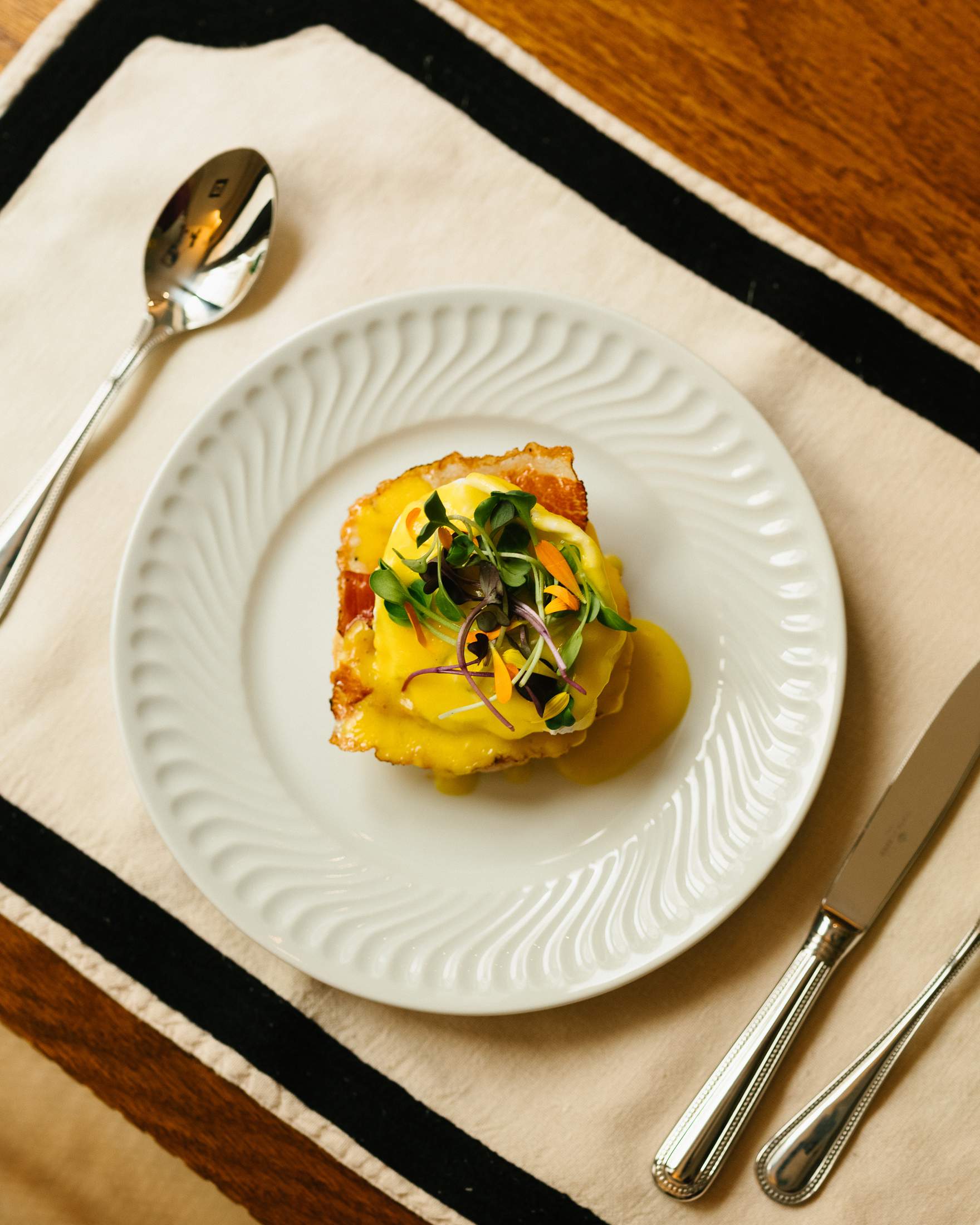
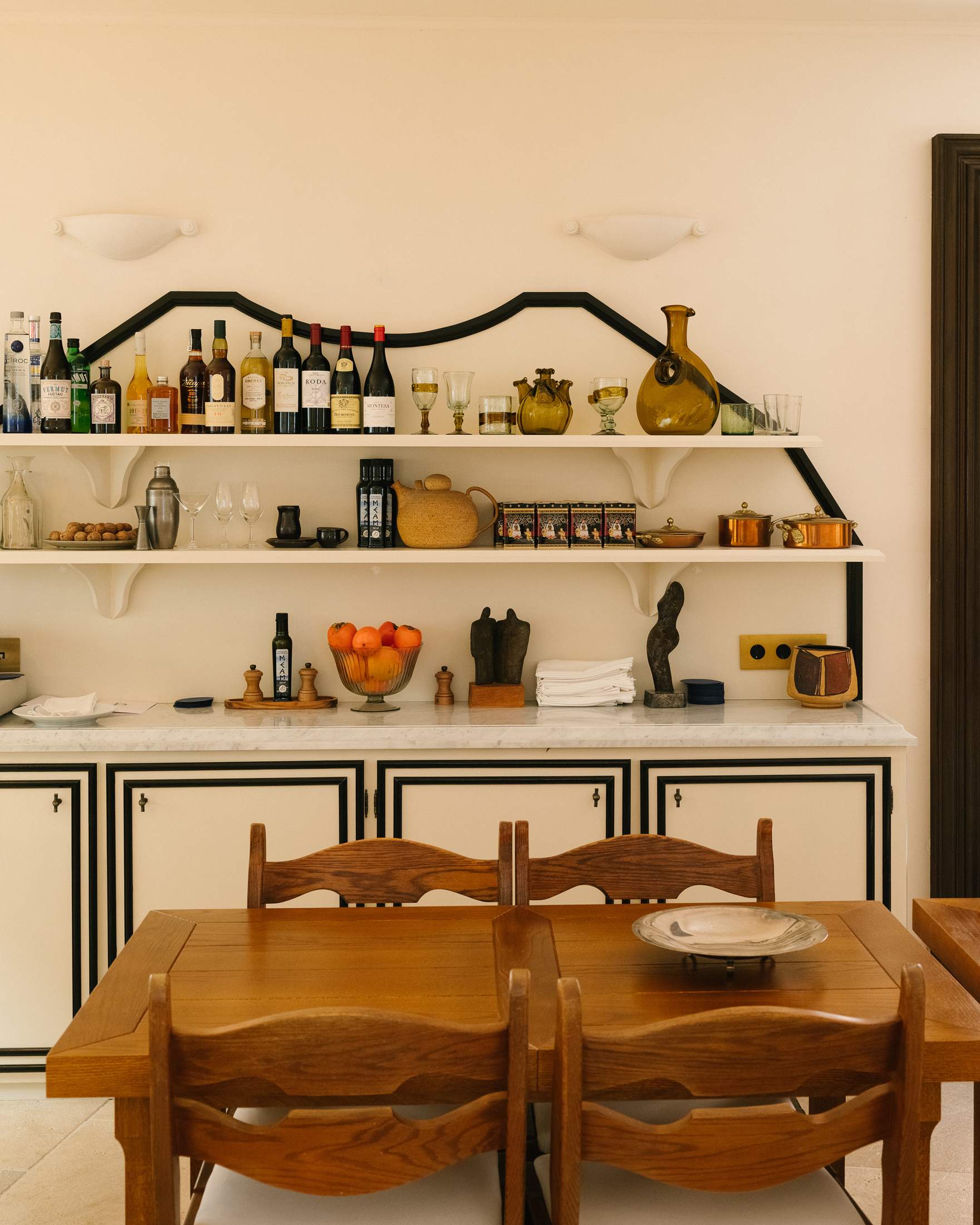
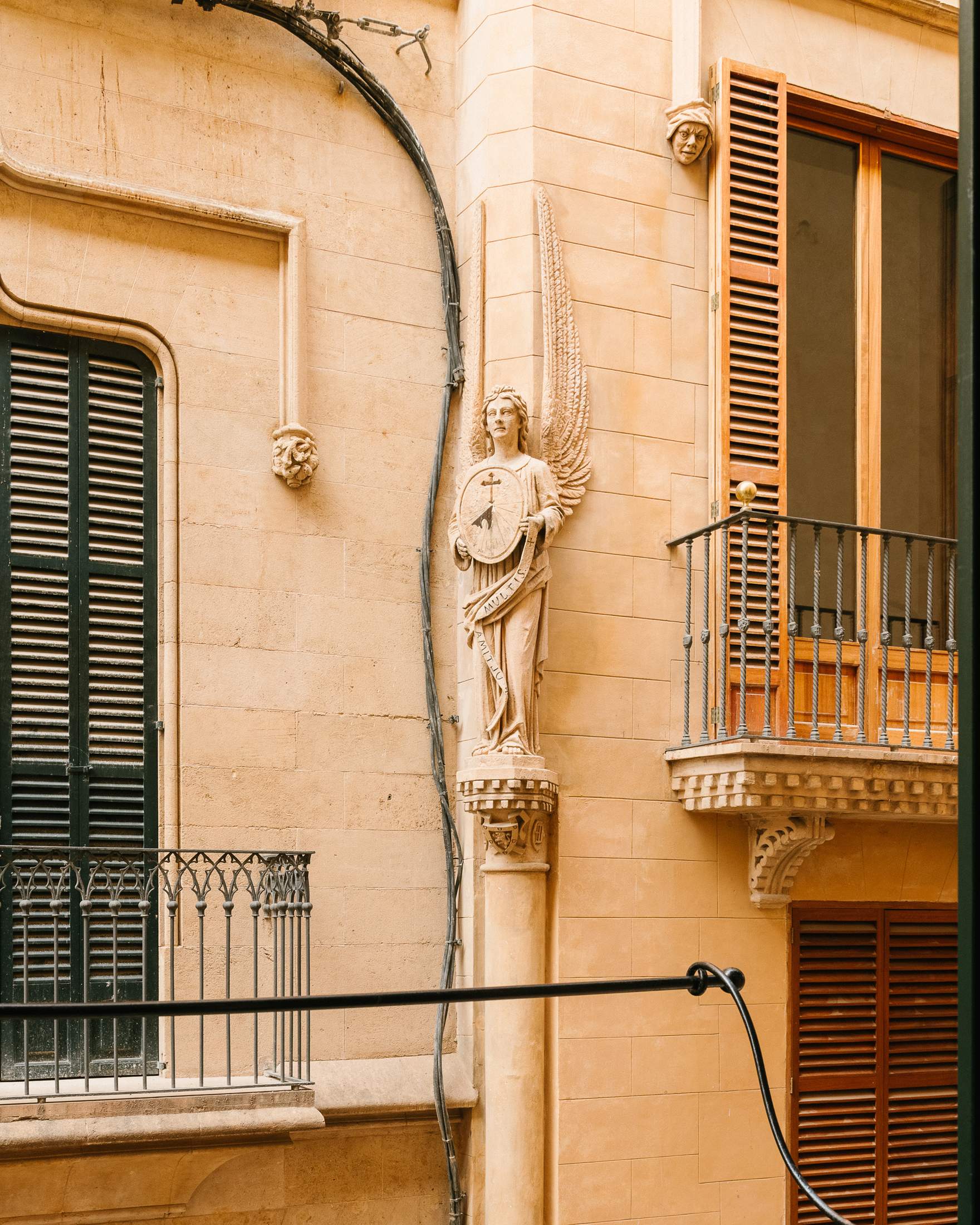
Portella also comes at a time when there’s a generational changing of the guard at play, as old aristocratic families pass on palaces to those with the wherewithal to give them architectural CPR and entrepreneurial purpose. Every ancient street seems to reverberate with the sound of drills and diggers. But at Portella – especially if you secure the suite at the back of the residence with its view of the ancient Arab Baths and a pretty secret garden – you can ignore all this and be transported to a place that feels both ancient and modern, private and urban. A place that looks so perfect that it could almost be a painting. — portellapalma.com


